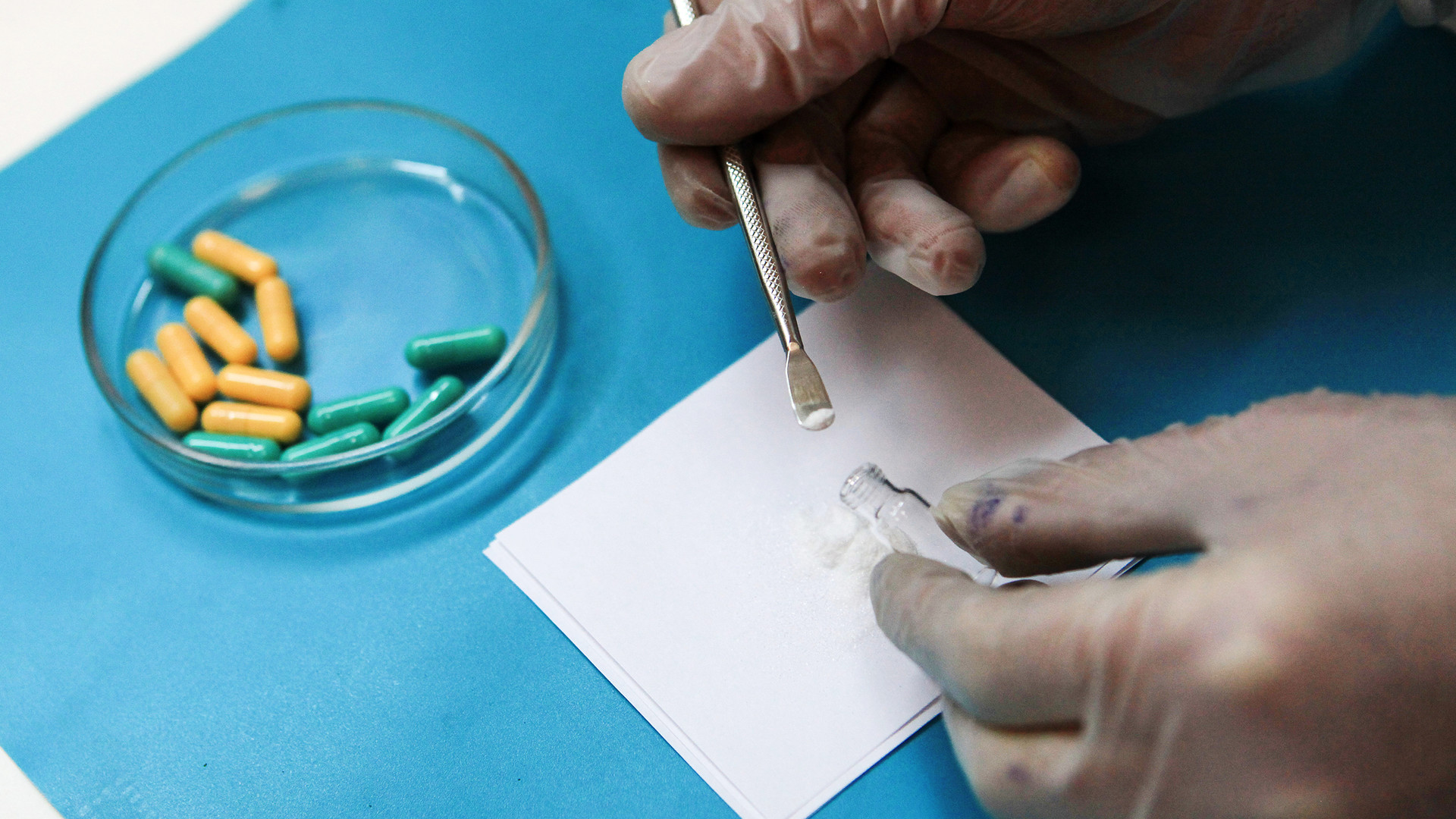Profile committees of the State Duma of the Russian Federation will conduct an analysis of law enforcement practice under two articles of the Criminal Code, Chairman of the Lower House of Parliament Vyacheslav Volodin told reporters. We are talking about article 228 of the Criminal Code of the Russian Federation (“Illegal acquisition, storage, transportation, manufacture, processing of narcotic drugs, psychotropic substances or their analogues”) and article 303 of the Criminal Code of the Russian Federation (“Falsification of evidence and results of operational investigative activities”).
The Speaker of the State Duma clarified that the relevant instructions were given by the head of the committee on legislation and state-building Pavel Krasheninnikov and the chairman of the committee on security and anti-corruption Vasiliy Piskarev.
“They will make the necessary inquiries to the law enforcement agencies and the Prosecutor General’s Office in order to obtain complete information already,” said Volodin, specifying that the results of this work will be subsequently published.
According to Piskarev, the parliamentarians “in the coming days” will hold working meetings with representatives of relevant departments, including the Ministry of the Interior, the Investigative Committee of Russia, the General Prosecutor’s Office and the National Anti-Drug Committee. Within the framework of these meetings, law-enforcement practice under these articles will be discussed in detail and the need to make some amendments to them.
Piskarev clarified that in the case of Article 303 of the Criminal Code of the Russian Federation, "it will be a question of strengthening responsibility for falsifying evidence and the results of operational investigative activities."
As the parliamentarian stressed, such an approach is necessary in order to observe the main principle of justice: “Everyone who committed a crime must be punished, and no innocent person should be punished.”
Earlier in the State Duma have already prepared a bill on the mitigation of criminal penalties for the purchase and possession of drugs is not for resale in cases where it is established that a person has drug addiction. Commenting on this initiative, the Commissioner for Human Rights in Russia, Tatyana Moskalkova, called for the most differentiated approach to the norm of the law on a socially dangerous act.
“I, of course, for the fact that there were no such cases of criminal prosecution, as in the“ poppy case ”, when people — and these are not isolated cases — were prosecuted for selling food poppy,” the Ombudsman said.
However, she noted the importance of the court not being limited to the testimony of law enforcement officers when proving the commission of a crime and forming a more serious evidence base.
In turn, the first deputy head of the Ministry of Internal Affairs of Russia, Alexander Gorovoy, this week stated that the department’s leadership would take “the most stringent measures” against employees for provocations with drugs when collecting evidence.
“Today there really was a reason for a certain revision of Article 228 towards a possible easing of the sanction. But this should be evaluated in a very complex way ... Those who say that there was a provocation with the evidence part - we will definitely take the most stringent measures against the employees who did it, ”said Gorovoy.
- An employee conducts an analysis to identify the content of narcotic drugs in the forensic center of the State Ministry of Internal Affairs of Russia
- RIA News
- © Denis Abramov
"It is impossible that everyone went and feared the police"
According to the lawyer, international law specialist Maria Yarmush, in the framework of the upcoming work, the relevant committees of the State Duma will first of all analyze law enforcement practice under article 228.
The interlocutor of RT noted that often, as in the case of journalist Ivan Golunov, the court passes a sentence on the basis of the testimony of law enforcement officers who are most interested in a certain crime detection. Moreover, often, according to “anti-drug” articles, people find as much substance as is needed to qualify the case “on a large scale”.
“Was the drug really in such quantity, or were there added funds to make the weight for a large size and a person get a long time? Nobody checks this, so there are many aspects, first of all, the formation of an evidence base, ”said Yarmush.
She also said that many lawyers are in favor of amending the legislation, according to which the determining factor should be not the weight of the detected narcotic substance, but the amount of the drug in that weight.
“This is a good movement within lawmaking. The right direction was chosen by lawmakers after the journalist, in fact, was illegally prosecuted. Initially, he was attracted, since the actions of his colleagues helped everyone to sort out this situation, but the problem remained, ”the lawyer said, expressing the view that making amendments to the Criminal Code would prevent such incidents with other citizens of the Russian Federation.
She added that, against the backdrop of a systematic tightening of punishment for “anti-drug” articles, the flow of drugs into the country has not fundamentally decreased. Therefore, government work should also be carried out in the field of preventing the use of prohibited substances and rehabilitating people with addiction so that society and the state do not turn away from drug addicts, Yarmush is sure.
“The worst thing is when drugs can be thrown by the police ... How the state will change this situation depends on the legislators and the judges, on the explanations of the Supreme Court. As a family lawyer, I was told many times by clients that their wealthy and influential husbands are afraid that if they fight for property, they will find drugs, ”the lawyer said.
“It is impossible for everyone to go and fear the police. No one is insured - and this is scary, ”Yarmusch summed up.

